
NGO COALITION: SPAJIC TO STATE IF THE GOVERNMENT OF MONTENEGRO PROPOSES AMENDMENTS ON THE RESOLUTION ON SREBRENICA
06/05/2024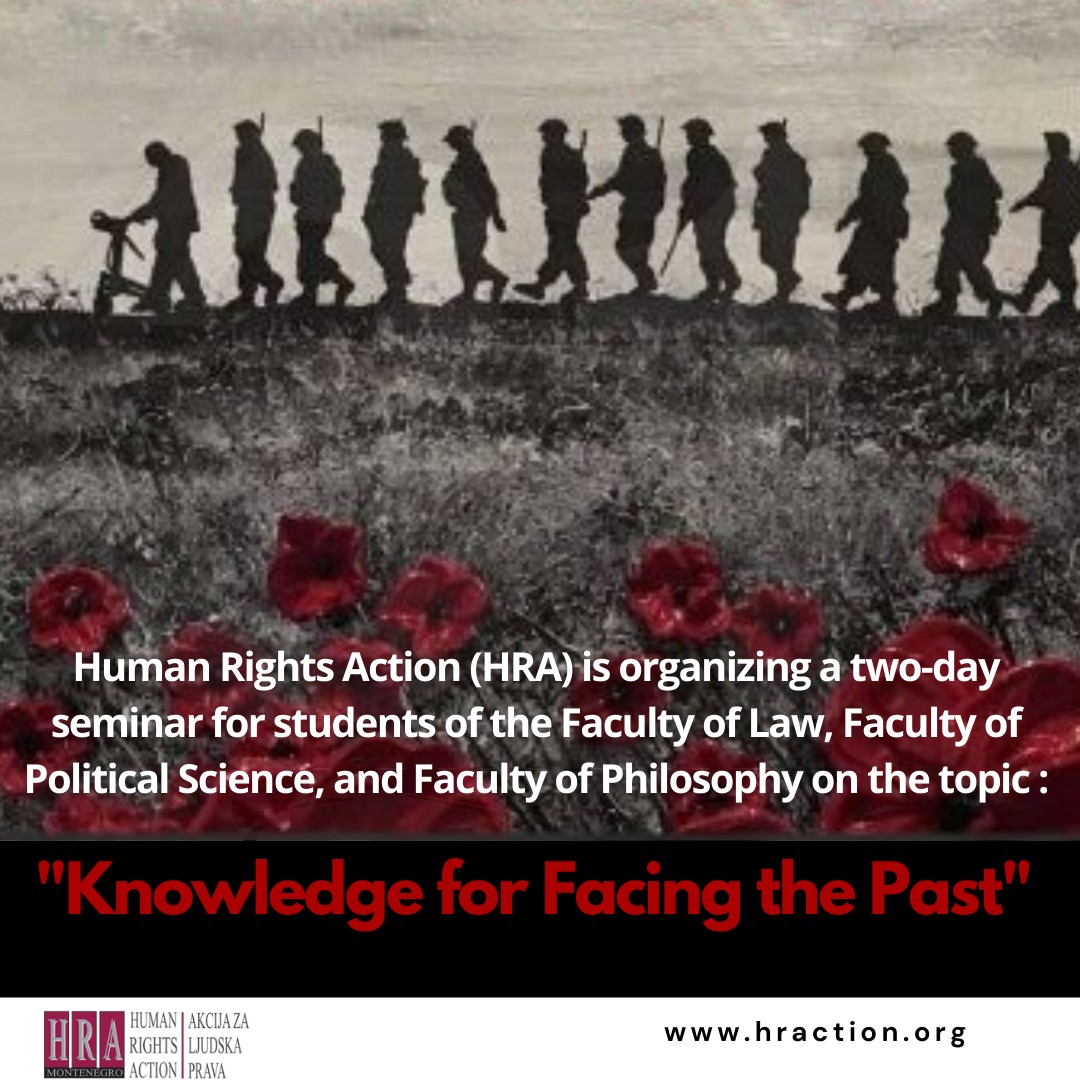
INVITATION TO STUDENTS FOR A TWO-DAY SEMINAR: KNOWLEDGE FOR FACING THE PAST
10/05/2024FINAL JUDGMENT REGARDING THE ABUSE OF PROTESTERS IN PLJEVLJA 2020
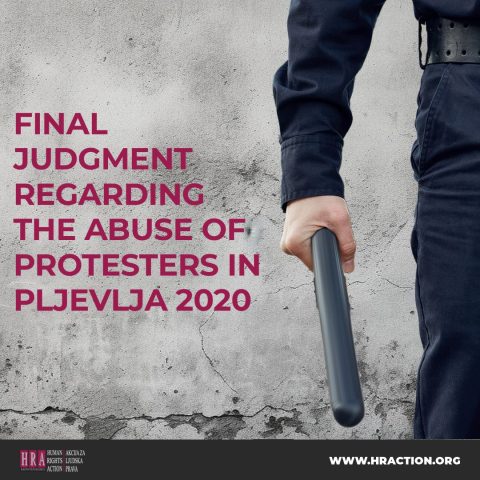
By the decision of the Higher Court in Bijelo Polje dated 22 March 2024, the final judgment of the Basic Court in Bijelo Polje became effective, by which the court initially convicted two police officers for the ill-treatment of Ognjen Mijatović in Pljevlja on 13 May 2020. The abuse occurred during protests against the arrest of a Serbian Orthodox Church bishop.
Two police officers were sentenced to a five-month house arrest, one for the ill-treatment of Mijatović (Igor Novović) and the other for aiding the perpetrator after the commission of a criminal offence (Novović’s superior, Milan Jović). Four accused police officers (Viktor Bojović, Ranko Stevanović, Goran Manojlović, and Slavko Krstonijević) were acquitted of charges because the court could not determine that they had also used force against Mijatović.
The Higher Court dismissed the appeals of the victim’s legal representatives against the acquittal part of the judgment, as well as the appeals of the state prosecutor and the lawyers of the convicted Novović and Jović as unfounded.
Human Rights Action (HRA) highlights the continuation of the bad practice of imposing prison sentences below six months for police, allowing convicted police officers to continue their employment in the police force and to apply force against citizens unchecked.
In this case, a review of the video footage indisputably established that Mijatović did not offer any resistance, yet was beaten by the police officers, indicating that he was subjected to absolutely unacceptable police punishment.
Furthermore, the fact that police officers did not have identification marks on their uniforms hindered the identification and prosecution of all perpetrators.
HRA reiterates that the European Committee for the Prevention of Torture and Inhuman or Degrading Treatment or Punishment (CPT) has urged Montenegro to ensure that police officers, when acting undercover, always wear visible identification tags ever since 2008. However, this recommendation has not been implemented to date meaning that Montenegro ignores the temporary benchmark for Chapter 23, which requires the implementation of all CPT recommendations from 2008.
The court stated in the judgment that at least 12 police officers participating in this event were seen in the video, so it was necessary to accurately determine the role of each of them and see if it was appropriate to criminally prosecute or at least subject other officers to disciplinary sanctions, either for the abuse they perpetrated or approved, or because they did not report the criminal offence after the incident, although it was their duty to do so.
However, without identification marks, and with the assistance of the commander of the Pljevlja police, Milan Jović, who allowed the officers to compile a joint unlawful report on the use of force, the “recipe” for avoiding responsibility was repeated, as it existed in cases of police abuse of Milorad Mijo Martinović, as well as in “Zlatarska Street” and in front of the Commercial Court on 24 October 2015. On that occasion, SAJ members, with masks and without identification marks, and with the identical assistance of their commander Radosav Lješković, signed a joint and false report on the use of force and ensured that the crimes committed that evening remained undiscovered.
Additionally, due to the poorly conducted investigation of the Basic State Prosecutor’s Office in Pljevlja, led by the competent state prosecutor Sanja Golubović, it was not possible to determine all the circumstances of the case. The investigation was particularly characterized by untimeliness in proceedings, both regarding the questioning of suspects, and the victim, and inadequate examination of the resulting injuries.
This outcome in the case would not have been possible without the efforts of the victim’s lawyer, Dalibor Tomović, who particularly insisted that the key evidence – the video showing the brutal beating of Mijatović, not be excluded from the evidence solely because a citizen made it. The decision to exclude this footage was made by Judge Luka Radulović of the Basic Court in Bijelo Polje, at the request of the defense counsel of the accused, who claimed that it was legally invalid evidence, obtained outside the legal procedure, as it was made by a private individual. After the prosecution’s appeal, the Higher Court overturned this decision. It confirmed that footage made by a private individual, regarding police action in a public place, can be used as evidence.
HRA provided legal assistance to Ognjen Mijatović thanks to the financial support of the United Nations Voluntary Fund for Victims of Torture (UNVFVT).



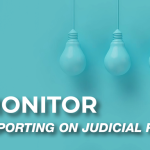
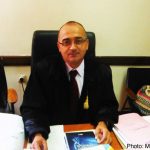

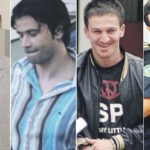
 English
English Montenegrin
Montenegrin